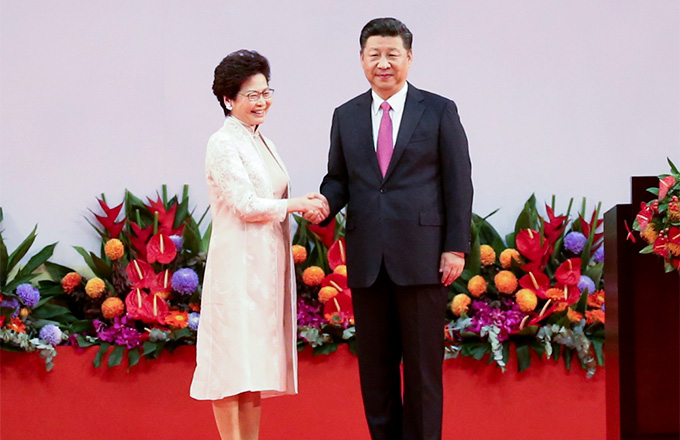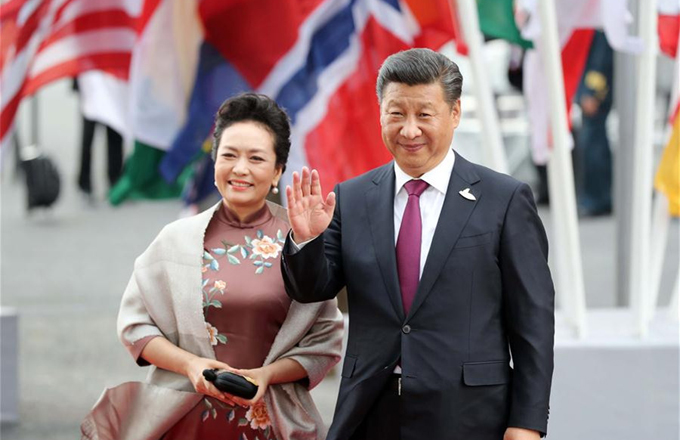China announces import ban on 24 types of solid waste
BEIJING -- China will ban imports of 24 types of solid waste by the end of 2017 in a fresh move to reduce environmental pollution, an official said Thursday.
China has notified the World Trade Organization of the ban, which covers waste plastics, unsorted scrap paper, discarded textiles, vanadium slag and other kinds of waste, Ministry of Environmental Protection (MEP) official Guo Jing told a press conference.
Imported solid waste, some of which had been useful as raw materials in the past, has caused damage to the country's environment and public health, said Guo, who is in charge of international cooperation at the MEP.
According to the Basel Convention on the Control of Transboundary Movements of Hazardous Wastes and their Disposal, which China has signed, exports of hazardous wastes and other wastes should not be permitted if the state of import does not specifically consent in writing, Guo said.
However, some traders both in and outside of China have illegally smuggled "foreign garbage" into the country for their own interests, giving rise to environmental woes, according to Guo.
"The problem of foreign garbage is loathed by everyone in China," he told reporters.
The Chinese government is stepping up the fight against pollution and environmental degradation as decades of fast growth have left the country saddled with smog and contaminated soil.
In April this year, a reform plan to improve management of solid waste imports was adopted, demanding a substantial reduction in the amount and types of solid waste imports.
The MEP launched a month-long campaign on July 1 to crack down on pollution in imported waste processing, with 420 inspectors selected from 27 provincial regions forming 60 teams to conduct full-scale examinations.
China's medium-sized and large cities imported 46.98 million tonnes of solid waste in 2015, down 5.3 percent year on year, according to MEP figures.
In 2014, the whole country imported 49.6 million tonnes of solid waste, with scrap paper, plastics and metal taking up large shares, according to the MEP.



















